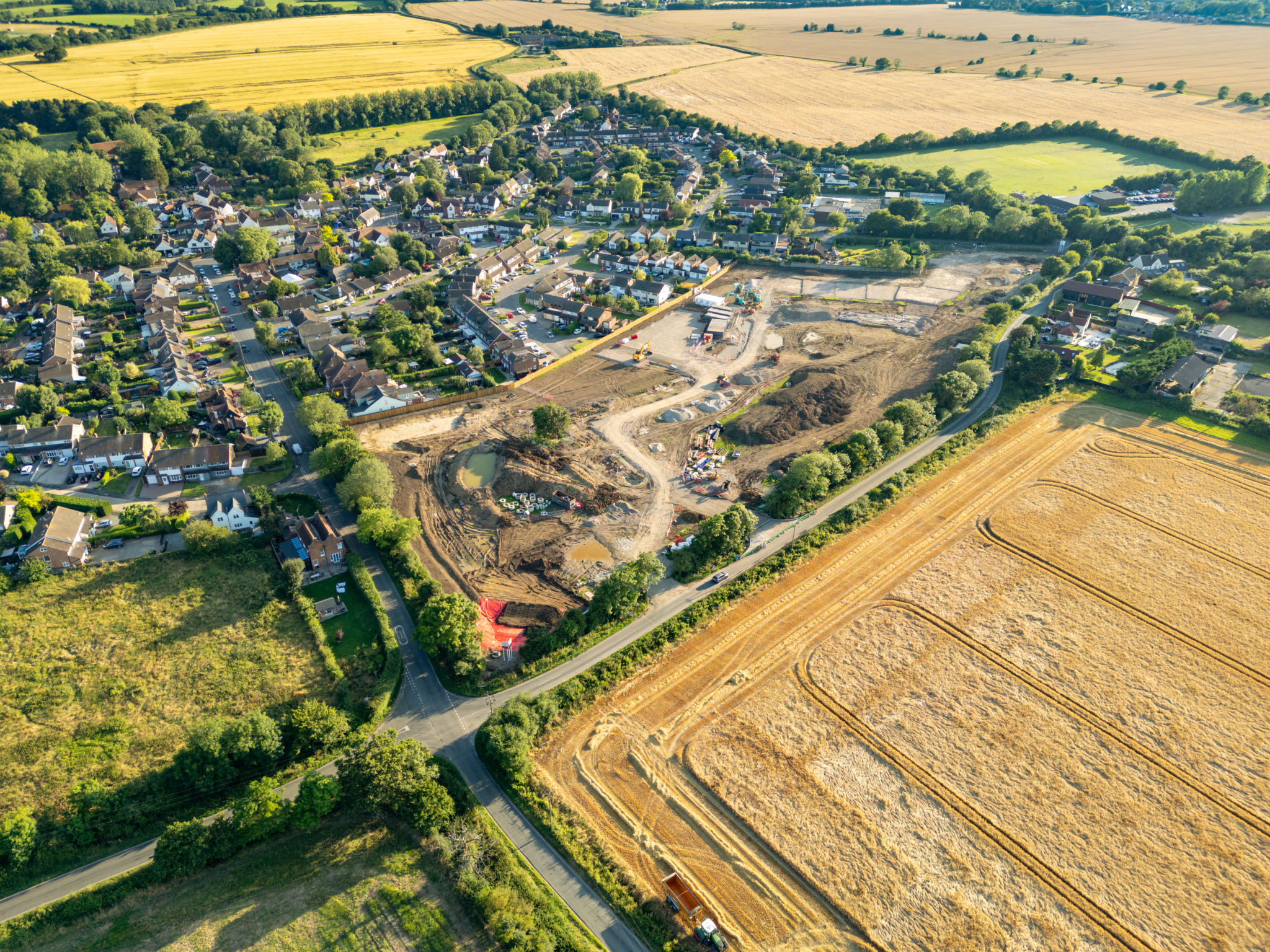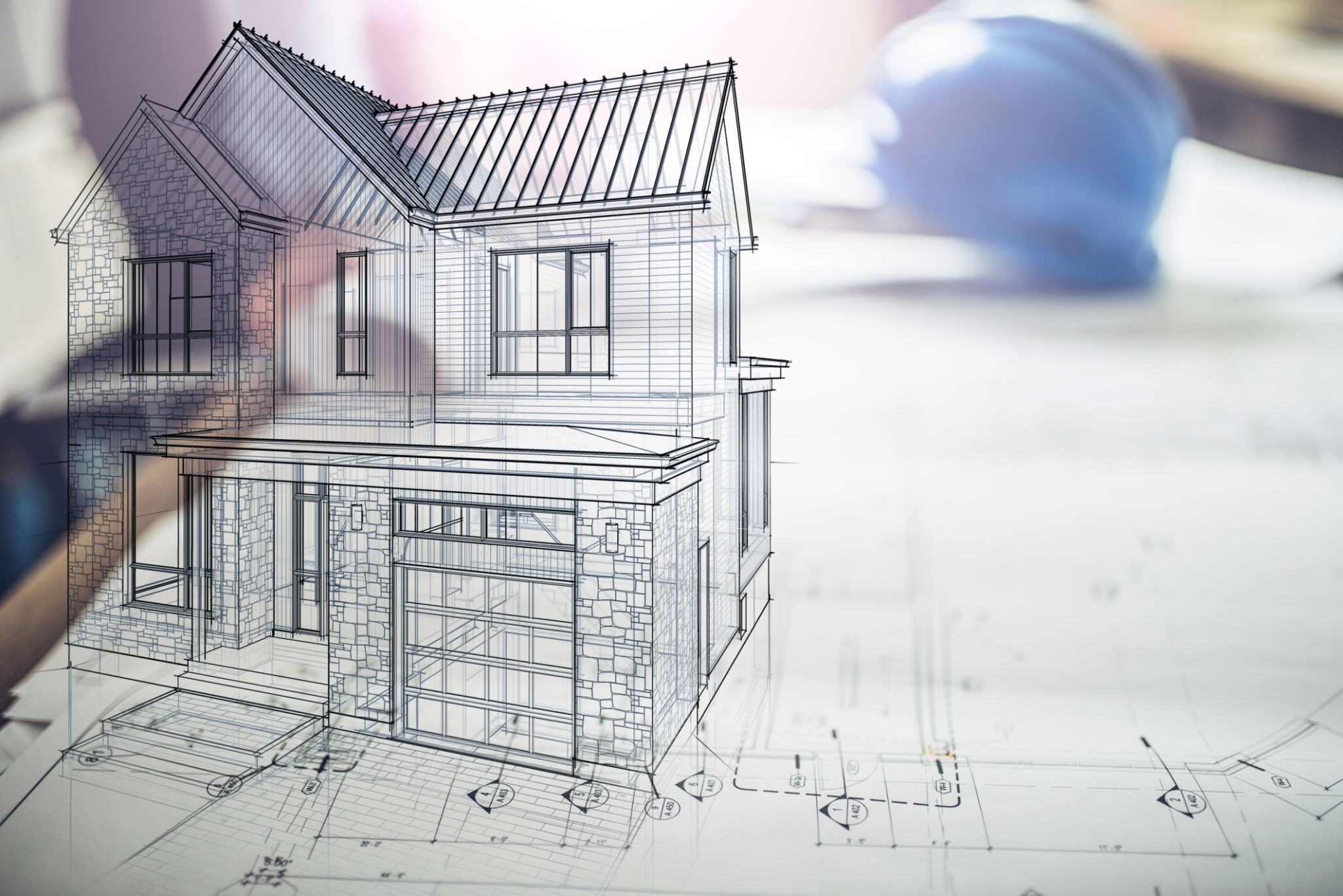How to Navigate Philadelphia's Complex Permitting Process for Home Renovations
Understanding the Basics of Philadelphia's Permitting Process
Renovating a home in Philadelphia can be an exciting venture, but it's important to understand the city's complex permitting process before diving in. The Philadelphia Department of Licenses and Inspections (L&I) oversees this process, ensuring that all renovations comply with local building codes and safety standards. Navigating this landscape can seem daunting, but with the right knowledge, it's manageable.
The first step in the process is determining whether your renovation project requires a permit. Generally, any structural changes, electrical work, plumbing updates, or significant alterations to your home will require approval. It’s crucial to acquire these permits before starting any work to avoid fines or potential legal issues.

Types of Permits You May Need
Philadelphia offers a variety of permits depending on the scope of your project. Common permits include Building Permits for structural changes, Electrical Permits for wiring work, and Plumbing Permits for alterations to water systems. Additionally, you might need a Zoning Permit if your renovation affects the use or occupancy of your property.
To apply for a permit, you’ll need to provide detailed plans of your proposed renovations, which should be prepared by a licensed architect or contractor. These plans must adhere to Philadelphia's building codes and zoning regulations. It’s wise to consult with professionals who are familiar with local requirements to streamline this part of the process.

Submitting Your Permit Application
Once you've prepared your plans, you can submit your permit application to the L&I. The city has made this easier with an online portal that allows you to submit applications, pay fees, and track the status of your submission. This digital system is user-friendly, but ensure all necessary documentation is attached to avoid delays.
After submission, your application will be reviewed by the L&I. This review process ensures that all projects meet health and safety standards and comply with building codes. Depending on the complexity of your project, this review can take anywhere from a few days to several weeks.

Overcoming Common Roadblocks
During the permitting process, it’s not uncommon to face challenges like application rejections or requests for additional information. If this happens, don’t be discouraged. The L&I is available to help clarify requirements or address any issues you might encounter.
Be proactive by maintaining open communication with your architect or contractor. They can often assist in revising plans or providing additional details required by the L&I. Furthermore, if you’re unsure about any part of the process, consider reaching out to a permit expediter, a professional who specializes in navigating bureaucratic procedures.
Final Approval and Inspections
Once your permit is approved, it’s vital to keep it accessible on site during renovations. Be aware that some projects require inspections at various stages of completion. These inspections ensure compliance with approved plans and local codes. Scheduling these inspections is generally straightforward through the L&I portal.
After passing all necessary inspections, your project will be officially approved, allowing you to enjoy your newly renovated space without worry. Remember that failing to comply with inspection requirements can result in penalties or even require modifications to completed work.

Conclusion: Smooth Sailing Ahead
Navigating Philadelphia's permitting process for home renovations might seem overwhelming at first, but understanding each step and leveraging available resources can ease the journey significantly. From determining permit needs to final inspections, being informed and prepared is key.
By taking the time to understand and comply with local regulations, you can ensure a smoother renovation process and focus on enjoying the transformation of your home. Whether you’re updating a small room or undertaking major structural changes, proper permits are your ticket to success.
